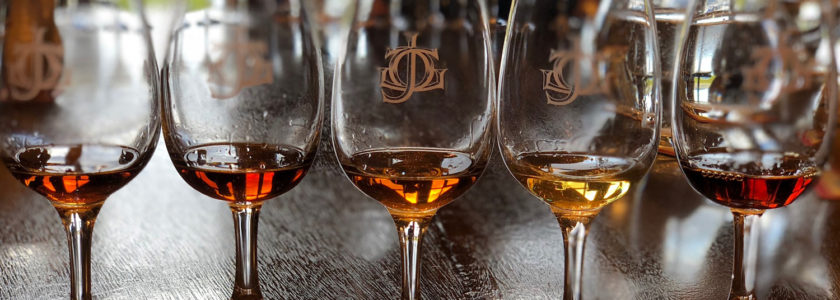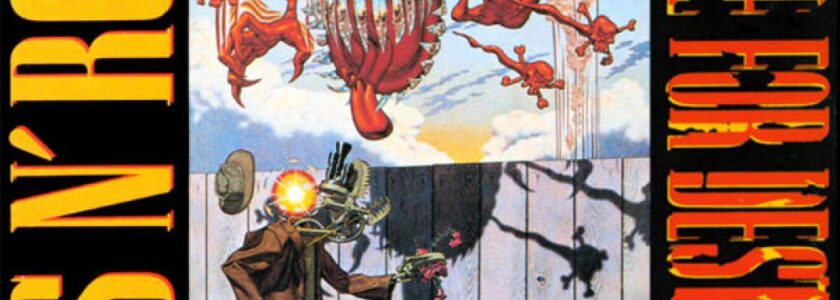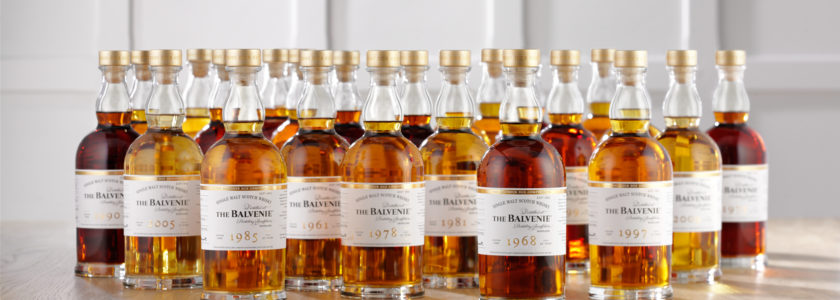
Stumbling Through Scotland: An Appreciation of Scotch Distilleries and Stone Walls
Let’s talk about age statements. In whisky, age is all important. It takes three years in an oak barrel to call a spirit a scotch, but not many people are interested until it’s much older. Eight years might elicit some interest, ten a bit more, but it’s not until a whisky hits its teens that…



